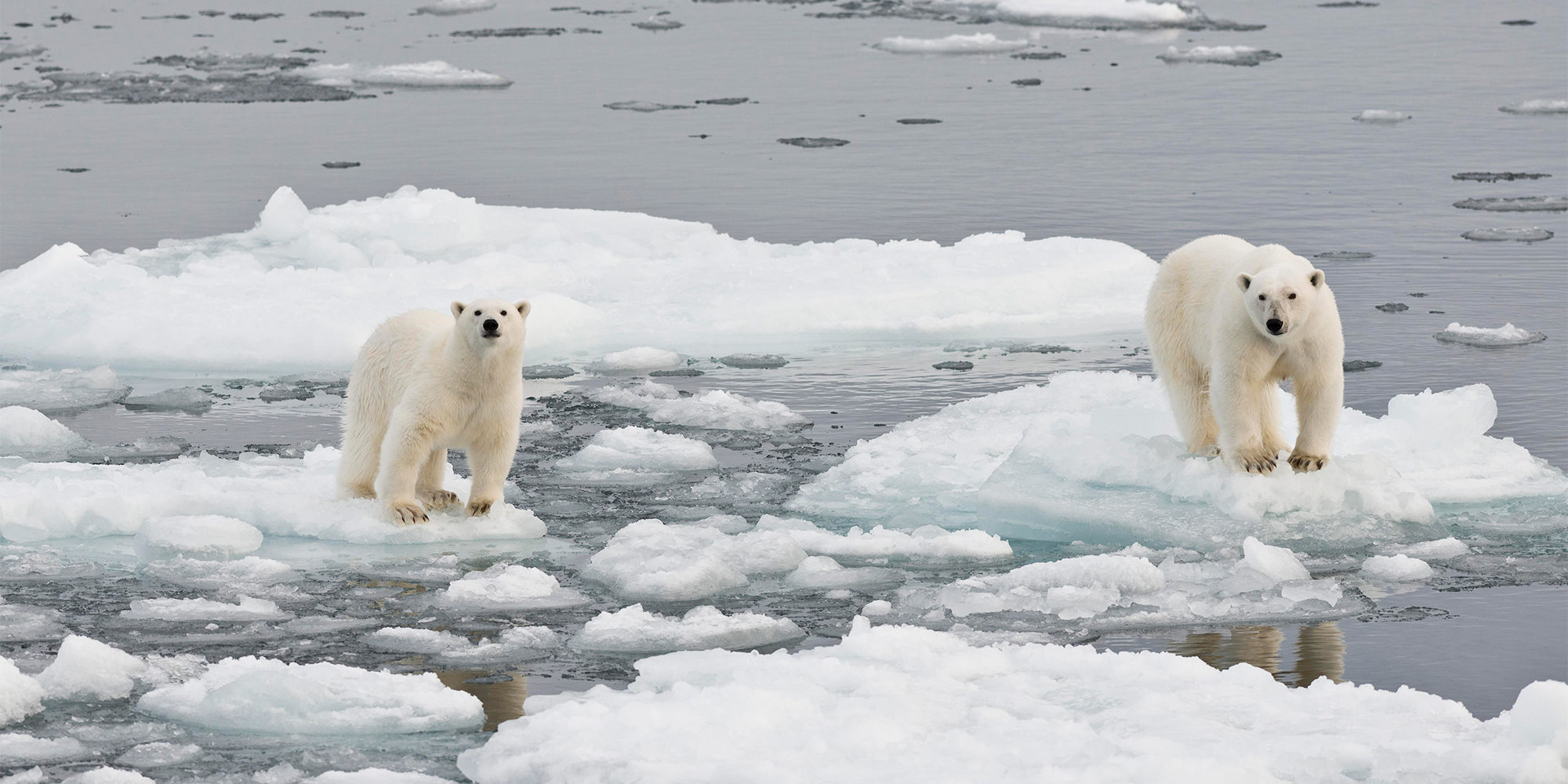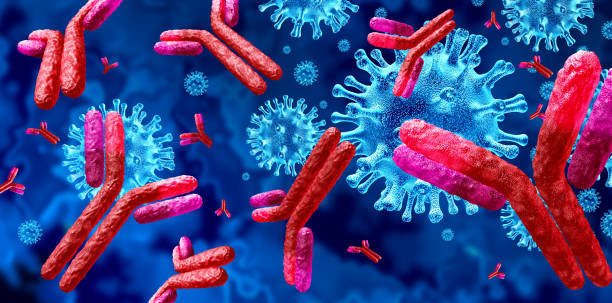IUP Biology
Course image
Course summary text:
This courses is Animal Structure and Development
IUP Biology
Course image
Course summary text:
 Animal physiology is biological sub-discipline that tries to understand how animals function in ...
Animal physiology is biological sub-discipline that tries to understand how animals function in ...
IUP Biology
Course image
Course summary text:
The Animal Structure and Development course provides an understanding of body patterns and symmet...
IUP Biology
Course image
Course summary text:
Animal Systematics is a compulsory course on animal diversity, especially in Indonesia. This ...
IUP Biology
Course image
Course summary text:
English for Biology (BISB211101)
IUP Class
Faculty of Biology, Universitas Gadjah Mada
IUP Biology
Course image
Course summary text:
This course is learning about changes in heritable characters in a biological population. ...
IUP Biology
Course image
Course summary text:


This course studies natural immunity, immunoglobulin, complement system, immune response ...
IUP Biology
Course image
Course summary text:
Course contents:
- Real number systems: properties of real numbers, coordinate systems, relations ...
IUP Biology
Course image
Course summary text:
Course contents:
- Real number systems: properties of real numbers, coordinate systems, relations ...
IUP Biology